In addition to Bangladesh and West Bengal, the English-speaking country of Great Britain stands out for its significant Bangla usage. Bangla is not only seen on signboards and institutional names but also prevalent in various public spaces such as railway stations, hospitals, parks, and mosques across the UK.
Several universities and colleges in Britain offer courses of varying durations in Bangla. Notices and announcements, including those in hospitals and offices, are often provided in Bangla.
However, concerns have been raised about the diminishing practice of Bangla among the new generation of British-Bangladeshis, which raises questions about the language`s future in the UK.
Currently, Bangladeshis represent the fourth largest ethnic minority community in the UK.
Surveys, including those conducted by the British Statistics Department, suggest that approximately three million people speak Bangla in Britain.
Notably, since the mid-eighties, Tower Hamlets alone has seen the establishment of 30 Bangla schools, although unfortunately, due to financial constraints, all these schools were forced to close in 2021. These schools played a vital role in educating students about significant historical events such as the language movement, the Great Liberation War, Victory Day, and Independence Day.
Until April 7, 2014, individuals had the option to take the theory portion of their driving tests in Bangla in Britain.
However, this opportunity was later revoked, along with the cancellation of exam options in all foreign languages.
In June 2017, Sylheti (an Indo-Aryan language spoken primarily in the Sylhet Division of Bangladesh) was recognized as a native language in British schools.
Despite these efforts, many Bangla TV channels and newspapers have ceased operations in the last six years. Additionally, various part-time Bangla schools established outside Tower Hamlets have struggled to sustain themselves.
Ahid Ahmed, former deputy mayor and councilor of Tower Hamlets, confirmed the delay in the establishment of new Bangla schools, despite the election of a Bangladeshi-origin mayor to the Tower Hamlets Council.
Mohammad Islam, a councilor of Croydon Council in London, noted the presence of Bangla books in Britain`s libraries and the introduction of nine forms or letters in Bangla in the eighties.
Lokman Uddin, one of the founders of the London Saint Mary Centre, emphasized the initiative to introduce Bangla alongside English to uphold equal rights in British law. This initiative has led to the naming of various buildings and streets in Tower Hamlets, Camden, Birmingham, and Cardiff in Bangla.
Moreover, numerous roads and institutions have been named after Bangla. Bangla and regional Sylheti languages are also available in hospitals, reflecting the multicultural landscape of Britain.
Kabi Nazrul Primary School and Osmani School in London are among the institutions upholding the tradition of Bangla language in Britain.
Lokman Uddin advocated for the inclusion of Bangla language in O level and A level curricula, highlighting the significance of the central Shaheed Minar of Altab Ali Park in London, which embodies the Bangla language and heritage spanning hundreds of years.
Poet and writer Abu Maqsud underscored the century-long history of Bangla practice in Britain, noting the establishment of newspapers and literary magazines over a century ago.
He highlighted the role of newspapers, TV channels, literature, and cultural organizations in promoting Bangla practice and heritage in recent times. Expatriate writers regularly publish books, including poetry, fiction, translation, drama, and research works, contributing to the global recognition of Bangla literature.
Mahbubur Rahman Shiblu, a community personality and renowned music artist in Britain, pointed out the establishment of permanent Shaheed Minars in areas like Oldham, besides London`s Altab Ali Park.
He acknowledged the growing importance of Bangla language in Britain, attributing it to the recognition of mother tongue importance. However, he noted the absence of long-term initiatives from the Bangladesh High Commission.
Journalist and writer Jubair Babu highlighted Britain`s prominence in Bangla practice outside of Bangladesh and West Bengal. Nonetheless, he expressed concerns about the declining Bangla language proficiency among the second and third generations in the UK, casting doubts on the sustainability of Bangla language practice at the current level.


 ডেইলি খবরের সর্বশেষ নিউজ পেতে Google News অনুসরণ করুন।
ডেইলি খবরের সর্বশেষ নিউজ পেতে Google News অনুসরণ করুন।









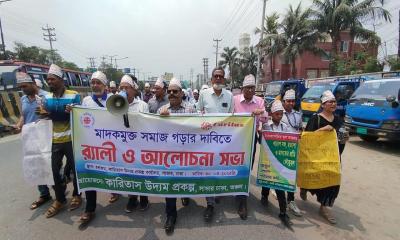

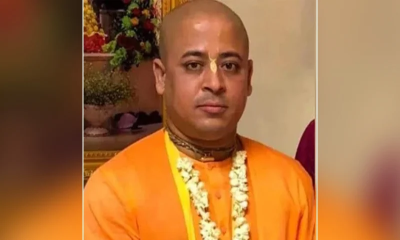

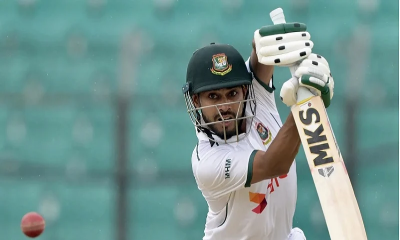
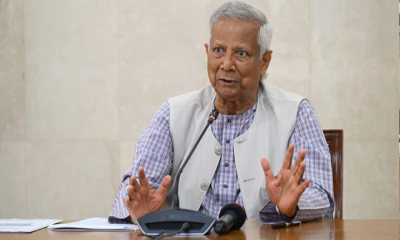
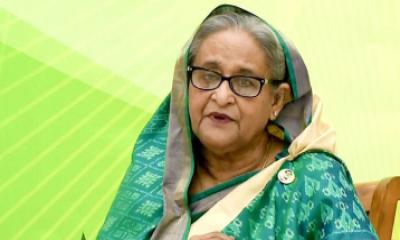

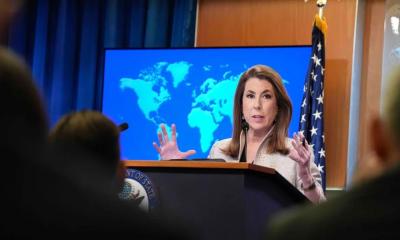
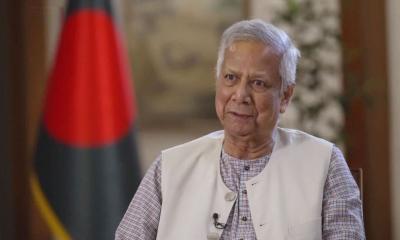

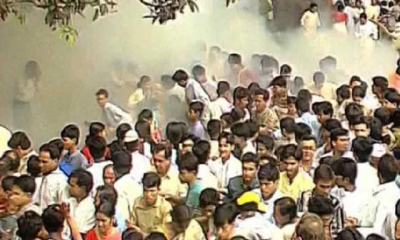
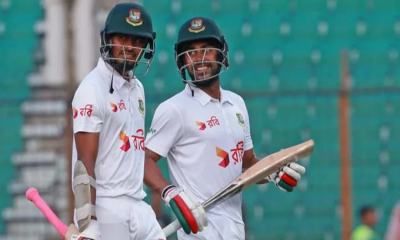
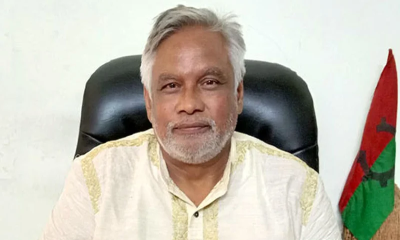
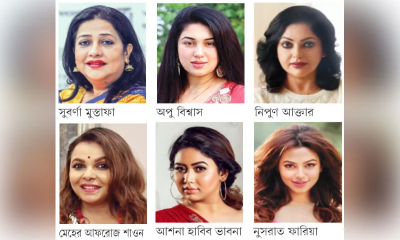
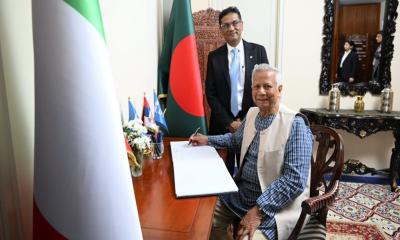

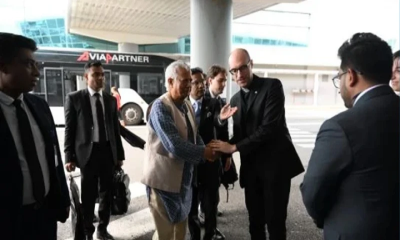
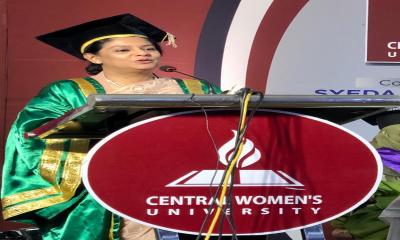
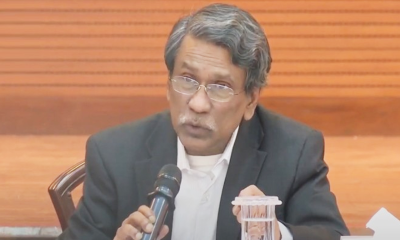


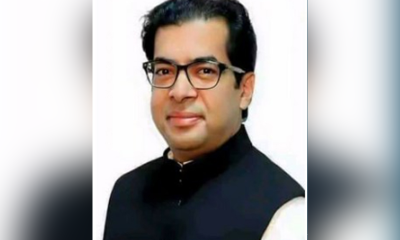
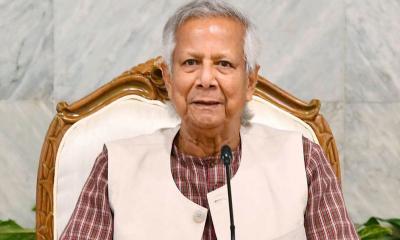


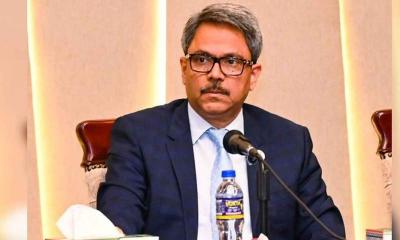
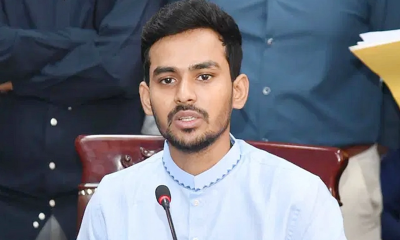
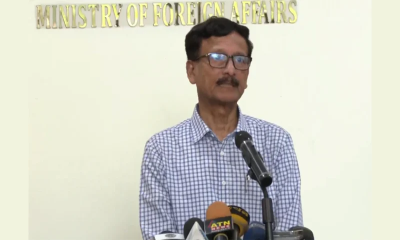
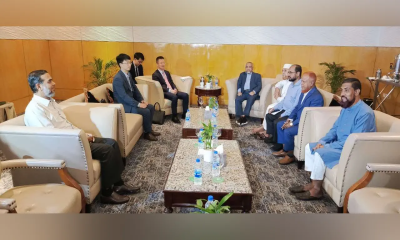
আপনার মতামত লিখুন :